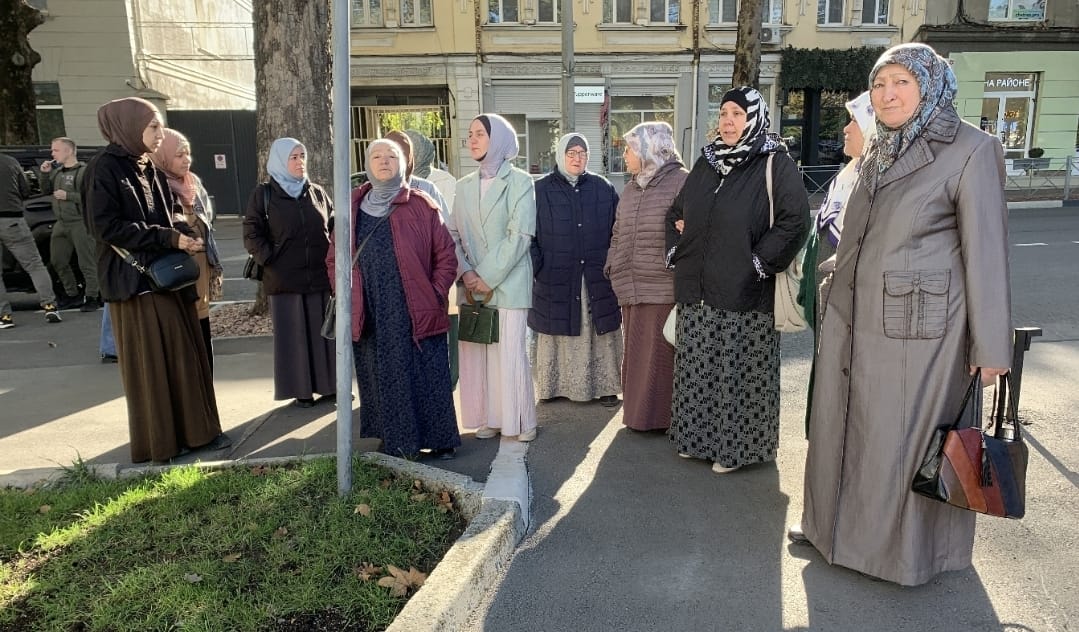
A pastry chef and mother of five. A nursery school teacher. A saleswoman in a family store. A student and bakery worker. On October 15, the occupiers took their persecution of Crimean Tatars to a new level: they simultaneously conducted searches in homes and arrested four women — Esma Nimetulaeva, Elviza Aliyeva, Nasiba Saidova, and Fevziye Osmanova. Three of them are not even 22 years old.
It is four o'clock in the morning. It is still dark outside, but Esma Nimetulaeva is already awake. The 39-year-old resident of Bakhchisaray is a pastry chef by profession and a mother of five daughters. But her usual morning chores are interrupted by loud banging on the door.
“Mom, get up, they've come to search the house,” the woman said to her 73-year-old mother, Aliye Bekirova.
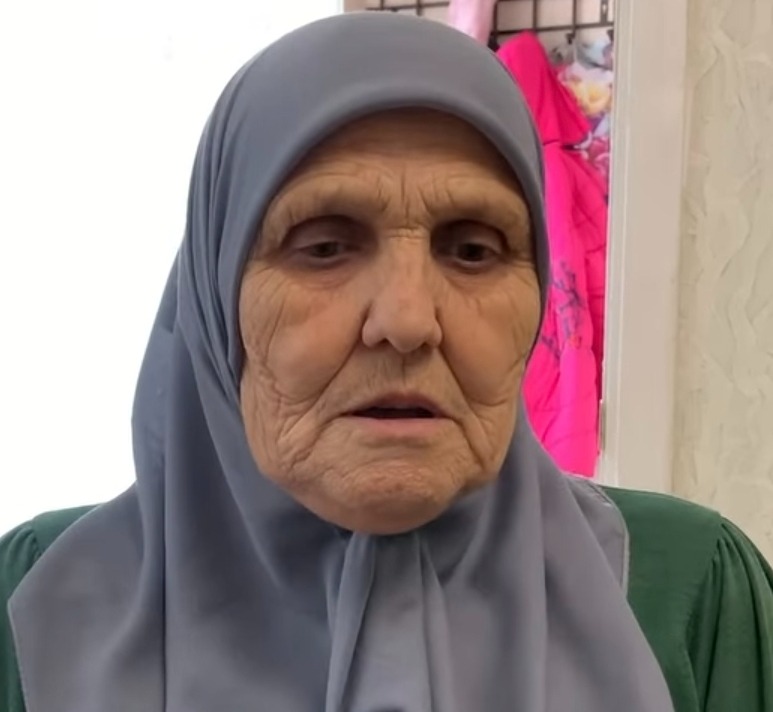
Aliye Bekirova, mother of Esma Nimetulaeva
While the family was waking up and getting dressed, Russian security forces had already broken into the house. One after another, at least 15 people came to conduct the search. They had already been to this house two years ago, when they took away the head of the family, Remzi Nimetulayev (he is currently on trial in a military court in Rostov-on-Don).
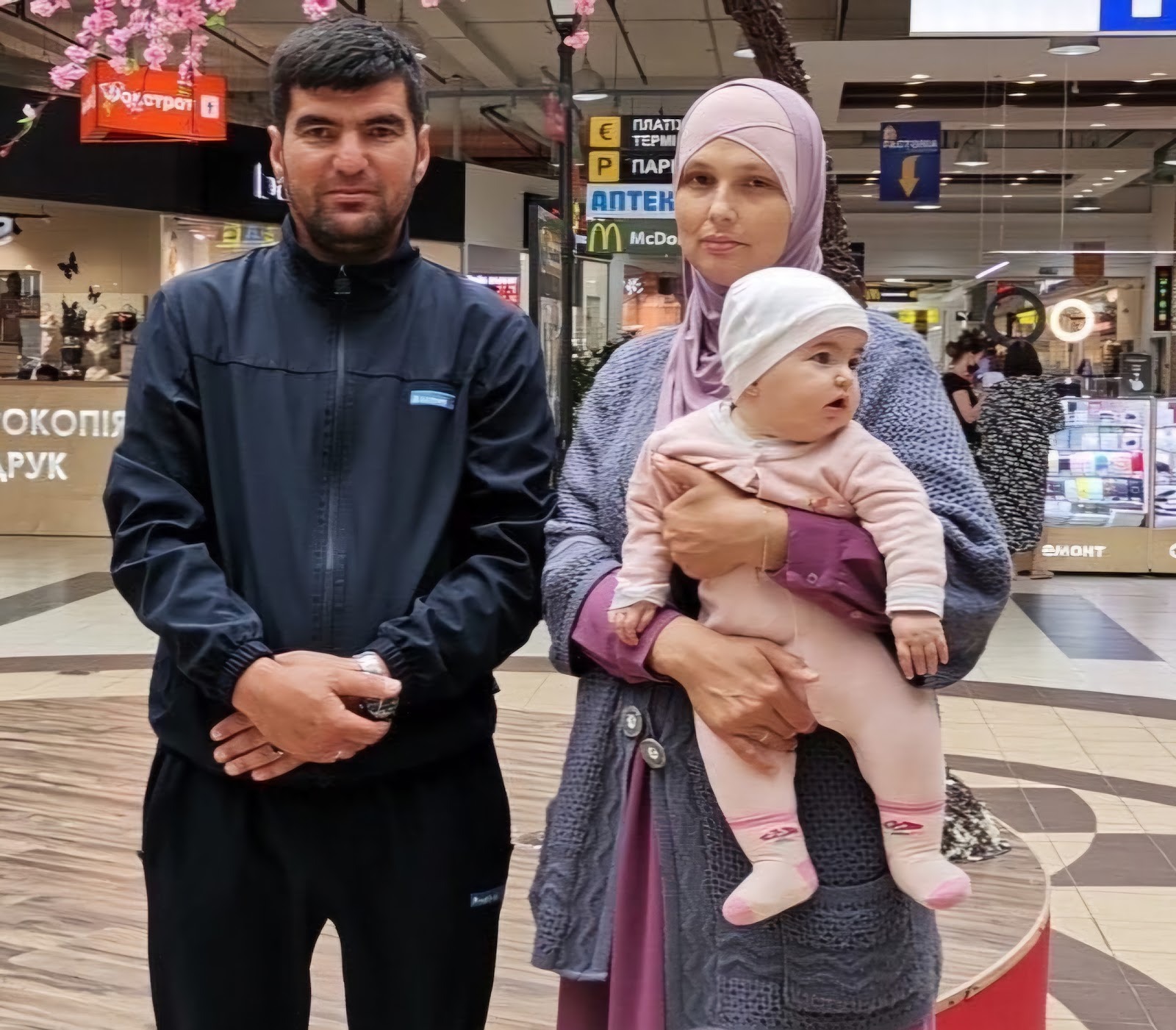
Esma and Remzi Nimetulayev with their daughter
Now they have come for his wife, who is accused of the same thing as her husband - organizing a “terrorist cell” of the Islamic political party “Hizb ut-Tahrir” in Crimea (Part 1 of Article 205.5 of the Criminal Code of the Russian Federation). It has been banned in Russia by a Supreme Court ruling since 2003, but is legal in a number of countries, including Ukraine. Human rights activists consider the persecution of Crimean Muslims to be illegal and in violation of international humanitarian law.
And while previously the arbitrariness was mainly directed at men, now women are also being targeted. That's right, for eleven years now, the occupiers have been terrorizing the entire Crimean Tatar community by coming at dawn: according to data from February this year, 127 people are involved in Hizb ut-Tahrir cases in Crimea. Now four more have been added to that number.
As soon as the search was over, the FSB officers told Aliye Bekirova that she needed to apply for guardianship of her five underage granddaughters, or the state would decide their fate.
"Don't even think about taking my granddaughters away. I won't give anyone up, understand? No matter what you do, I will stand my ground. I am their grandmother and I will not abandon them, but a mother is a mother. She must be with her children," Aliye Khanum replied, but she immediately understood that Esma's fate had been decided and she would be imprisoned (which is what happened the next day—all four Crimean Tatar women were arrested for two months).
Esma Nimetulaeva, 20-year-old management student and bakery worker Elviza Aliyeva from the village of Dolynne, 21-year-old Fevziye Osmanova from the village of Orlivka (who worked in a family shop), and 18-year-old Nasiba Saidova from the village of Kholmivka (a student at a teacher training college, a nursery school teacher, and the daughter of Sadik Urinbaev, a well-known imam in Crimea) are charged with the same article - “participation in the activities of a terrorist organization”.
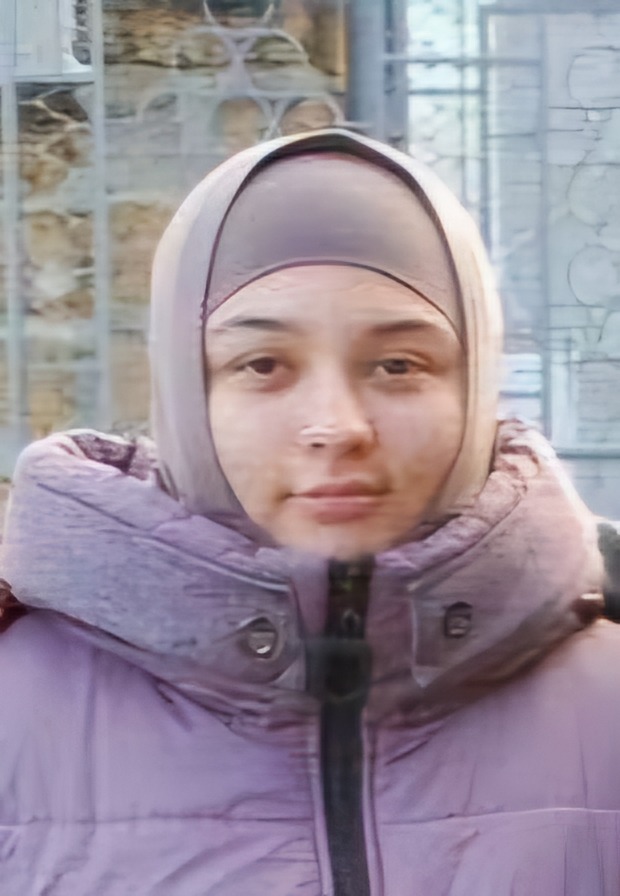
Elviza Aliyeva
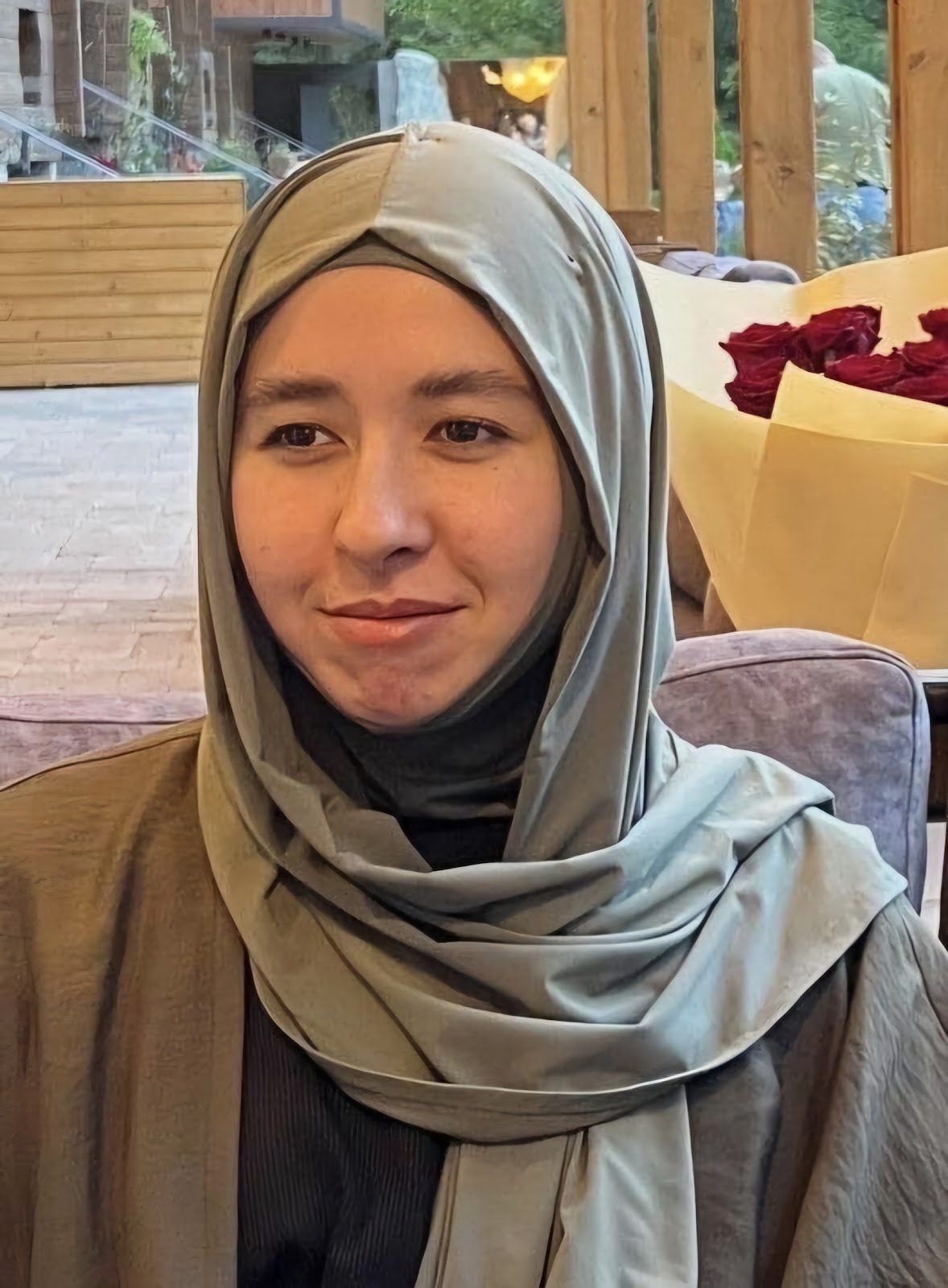
Fevziye Osmanova
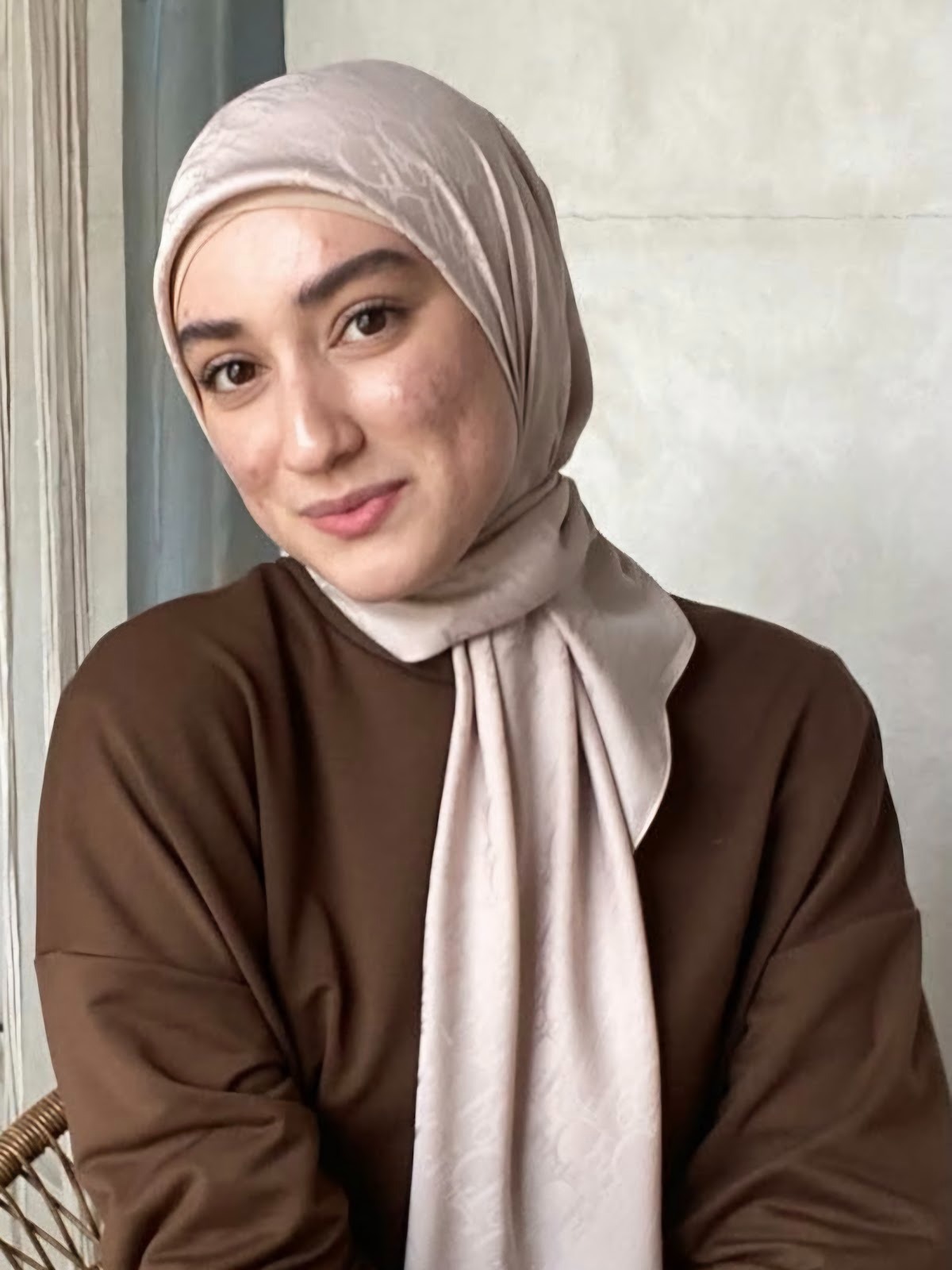
Nasiba Saidova
The detention of Crimean Tatars has once again stirred up the local community and Ukraine, of which they are citizens. The Presidium of the Mejlis of the Crimean Tatar People described the searches and arrests as “an act of terror against the Crimean Tatar people.” The Ukrainian Foreign Ministry also condemned the actions of the Russian security forces, calling them repression against the people and calling on the international community to demand the immediate release of the detained women. In addition, the ministry stressed that Russian propaganda media are spreading “fabricated accusations” about the alleged detention of female “terrorists” in Crimea.
The day after her daughter's arrest, Dinara Iyupova, the mother of Nasiba Saidova, also spoke about this during a conversation with a representative of the occupying authorities, “Deputy Prime Minister of the Republic of Crimea” Albert Kurshutov. Together with the families of the detainees, about 70 people came to the building of the occupying “Council of Ministers of Crimea” with a demand to respond to the arbitrariness against women and stop the criminal prosecution of Crimean Tatars.
In response to a mother's complaint about propaganda media outlets that groundlessly call Crimean Tatar women “terrorists,” Kurshutov replied briefly: “Okay, we'll look into it.” And when asked about the systematic persecution of Crimeans, he indifferently stated: "This is not a matter for the Crimean Tatars. <...> This is a matter of a specific action that violates the law. Criminals have no nationality, I always say this about any person. If there is evidence, let [the security forces] prove [the women's guilt]."
A second delegation from the Crimean Tatar community came to the muftiate building to demand a response to the women's detention. “These are our girls, our women, our honor, so we came to talk to the mufti so that he would take some measures to release them,” explained Seyt-Osman Karaliev, a public defender from Sudak, to Crimean Solidarity. It was not possible to talk to the mufti - people were told that he was on vacation. The conversation had to be held with his deputy, Raim Gafarov, who said, “Everything is from Allah, you must ask Allah.” He did not join in the prayer for the detainees.
Meanwhile, relatives of the women and those who came to support them gathered near the building of the “Kyiv District Court of the Russian Federation” in Simferopol. However, they were not allowed into the courtroom, and some of them were even expelled from the court premises.
"In the middle of the night, my 18-year-old daughter was taken away on charges of terrorism. I don't understand <...> what my child could have done. I came here for the trial, but it turns out that the court is closed. I wanted to see my daughter - her mother and sisters wanted to see her. <...> Why aren't they letting us, the parents, in? They won't even let us watch from the sidelines - only their relatives were allowed to briefly see them being brought in," said Nasibe Saidova's father, Sadik Urinbaev.
Elvira, the mother of Elviza Aliyeva, said that the security forces threatened the women present that they would take them away too: “They said: you'd better leave, you won't be allowed into the closed court. They didn't even let us say anything. [They said] your lawyer will tell you everything. We just don't understand what's going on, and it's getting scary.”
During the hearing, the lawyers defending the detained women, Emil Kurbedinov and Edem Semedlyaev, emphasized that their clients had not even been charged with administrative offenses, and that the FSB's claims about the possibility of “escape and destruction of evidence” were completely unfounded. In addition, Kurbedinov noted that Hizb ut-Tahrir itself is not a terrorist organization under current Russian law. He insisted that his client, Esma Nimetulayeva, be given a different preventive measure instead of pretrial detention.
"My client could be raising her children - she has five of them. All of them are minors, some of them are young children. [She could] be at home instead of in the terrible conditions of a detention center. But, as expected and formally, the Kyiv District Court ruled otherwise. <...> Of course, the situation is completely absurd. <...> These people are not criminals or terrorists, as they are trying to portray them," the lawyer added.
The accused Crimean Tatars will likely be held in Simferopol's SIZO-1 detention center. This is where the men involved in the Hizb ut-Tahrir cases awaited the verdicts of the occupation court.
According to the human rights project OVD-Info, 106 people have already been convicted on such charges. Only one defendant in the entire history of the occupation of Crimea, Ernes Ametov, was acquitted in court due to lack of evidence of guilt. However, the case was returned for retrial, and he was ultimately sent to prison for 11 years.